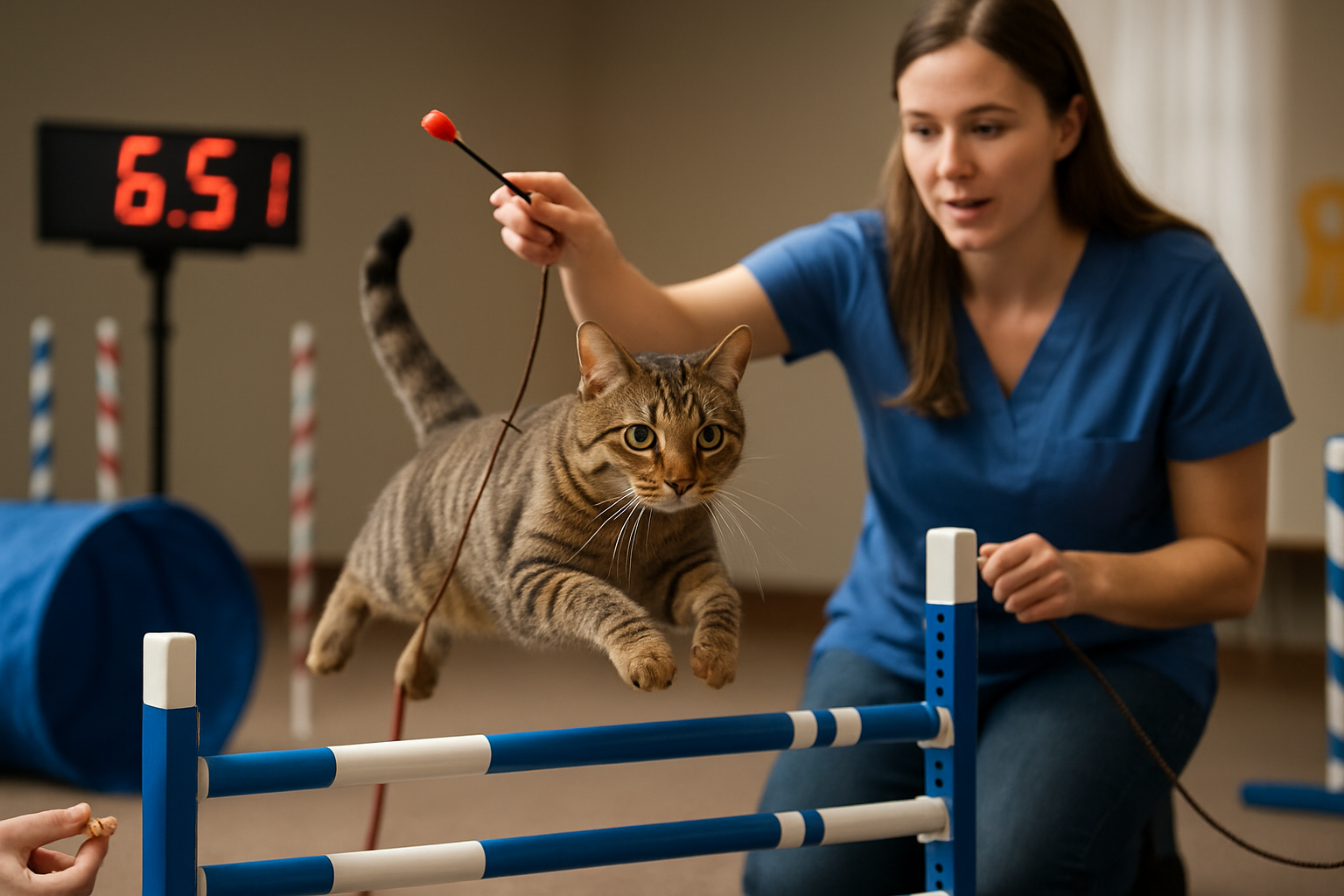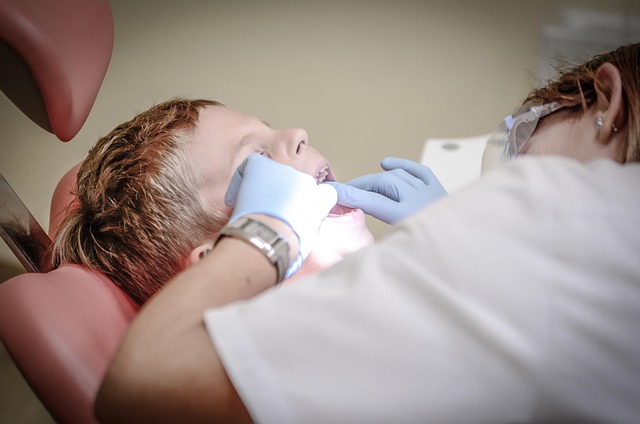Mental Stimulation Techniques for Happy Animals
Keeping pets mentally engaged is just as important as meeting their physical needs. Mental stimulation helps prevent behavioral problems, reduces anxiety, and promotes overall well-being in companion animals. From puzzle feeders to interactive toys, there are numerous ways to challenge your pet's mind and create a more enriching environment that supports their cognitive development and emotional health.

Mental enrichment plays a crucial role in maintaining your pet’s psychological well-being and overall quality of life. Animals in domestic environments often lack the natural challenges their wild counterparts face daily, making it essential for pet owners to provide alternative forms of cognitive engagement. Understanding how to implement effective mental stimulation techniques can transform your pet’s daily routine and significantly improve their happiness and behavior.
Tips for Healthy Pets Through Mental Exercise
Mental stimulation serves as exercise for your pet’s brain, helping maintain cognitive function and preventing the development of destructive behaviors. Interactive feeding methods, such as puzzle bowls and treat-dispensing toys, encourage natural foraging instincts while slowing down eating habits. Rotating toys regularly prevents boredom and maintains novelty, which is essential for sustained interest. Training sessions that teach new tricks or reinforce existing commands provide structured mental challenges while strengthening the human-animal bond.
How to Care for Pets with Enrichment Activities
Creating an enriching environment involves incorporating various sensory experiences and problem-solving opportunities into your pet’s daily life. For dogs, hide-and-seek games, scent work, and obstacle courses provide excellent mental workouts. Cats benefit from vertical climbing spaces, hunting simulations with feather wands, and puzzle feeders that mimic prey capture. Small animals like rabbits and guinea pigs enjoy tunnels, foraging boxes filled with hay, and rearrangeable cage furniture that allows exploration of new configurations.
Understanding Pet Health Needs for Mental Wellness
Recognizing the connection between mental stimulation and physical health helps pet owners make informed decisions about their animal’s care. Boredom and lack of mental engagement can lead to stress-related health issues, including digestive problems, excessive grooming, and weakened immune systems. Different species and breeds have varying cognitive needs based on their evolutionary backgrounds. Working breeds typically require more intensive mental challenges, while companion breeds may be satisfied with moderate enrichment activities.
Daily Routines for Pet Wellness and Cognitive Health
Establishing consistent routines that incorporate mental stimulation helps create structure while providing regular cognitive challenges. Morning training sessions can energize pets for the day ahead, while evening puzzle games help them wind down. Incorporating short, frequent mental exercises throughout the day proves more effective than single, lengthy sessions. Weather-dependent outdoor activities should have indoor alternatives to ensure consistent mental engagement regardless of environmental conditions.
| Activity Type | Suitable Pets | Cost Estimation |
|---|---|---|
| Puzzle Feeders | Dogs, Cats | $15-$45 |
| Interactive Toys | All Pets | $10-$60 |
| Training Classes | Dogs, Birds | $50-$150 per session |
| DIY Enrichment | All Pets | $5-$20 |
| Professional Enrichment Consultations | All Pets | $75-$200 |
Prices, rates, or cost estimates mentioned in this article are based on the latest available information but may change over time. Independent research is advised before making financial decisions.
Implementing mental stimulation techniques requires patience and observation to determine what works best for individual pets. Start with simple activities and gradually increase complexity as your pet becomes more engaged and confident. Monitoring your pet’s response to different enrichment methods helps identify preferences and ensures activities remain challenging without becoming frustrating. Remember that mental stimulation should complement, not replace, regular physical exercise and social interaction.
Successful mental enrichment programs adapt to your pet’s changing needs throughout their life stages. Puppies and kittens benefit from exploration-based activities, while senior animals may prefer gentler cognitive challenges that accommodate physical limitations. Regular assessment and adjustment of enrichment strategies ensure continued effectiveness and prevent habituation. The investment in your pet’s mental health through consistent stimulation techniques creates a foundation for lifelong happiness and behavioral stability.




